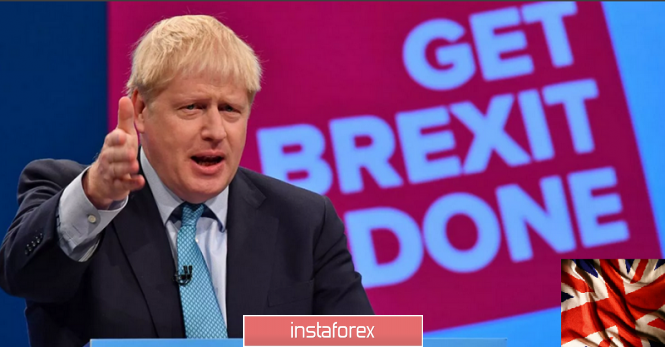
Now that some are grieving and others are celebrating, UK must find itself again.
Europeans in London are currently experiencing a moment of seismic change. At 11pm on Friday, the United Kingdom legally left the European Union, breaking its 47-year relationship with its trading partners, and redefining itself as the only country in the world.
Initially, no special changes are expected. EU rules will still be applied until the end of the year, in accordance with the transitional agreements. However, culturally, legally, and perhaps emotionally, the UK will experience an earthquake, instantly turning into another country.
Meanwhile, the new point-based visa system for entering UK is designed to attract the "best and brightest" in the world, as well as to keep low-skilled workers out of Europe. The policy aims to attract working-class Britons who supported Prime Minister Boris Johnson in the 2016 Brexit referendum and in last month's general election. It seems likely that over time, Brexit will forever change the character of the capital, and perhaps, the rest of the country.
"My heart was broken," said Bashir Ibrahim, campaign manager for the People's Vote group, which called for a second referendum. "For 20 months, I've dedicated weekdays, weekends and evenings to this, and I'm incredibly sad that it ended the way it did."
Although Brexit is now inevitable, other pro-Europeans still see reasons for continuing the fight. Over the next 11 months, Johnson will face intense negotiations with the 27 remaining EU members as he tries to conclude a Canada-style trade agreement that will determine the extent of cooperation on everything, from fishing to security and data protection.
"If the war is lost in the sense that we are not in the European Union, then there is still peace to be won," says Alistair Carmichael, MP from the Liberal Democratic Party in favor of EU. "Brexit happened on Friday, but there is still a lot of politics to be done after that. This could be with us for another decade."
However, Carmichael and many London business leaders risk missing the moment. In 2016, the United Kingdom voted neither for economic stability nor for protecting companies from difficulties. The vote for Brexit was dictated by Johnson's campaign for "sovereignty" to "regain control" of the affairs of the nation, and most importantly, beyond its borders. To some extent, it was also a blow to London and its rich and powerful elite, inflicted by voters in the opposite part of England who felt left behind.
For many residents, as well as businesses based in the capital, the 2016 Brexit vote was a tragedy. London itself voted to remain in the EU, but was ousted by millions of eurosceptics living across the country.
In fact, this is a split in the society that does not bode well for Britain.
The material has been provided by InstaForex Company - www.instaforex.com